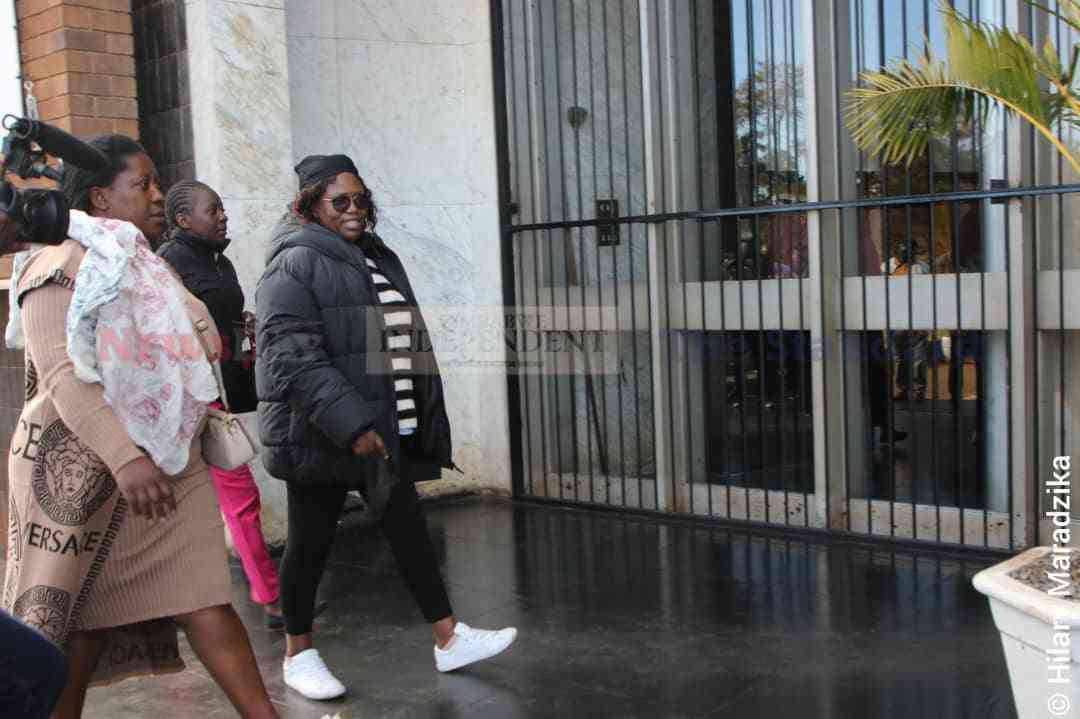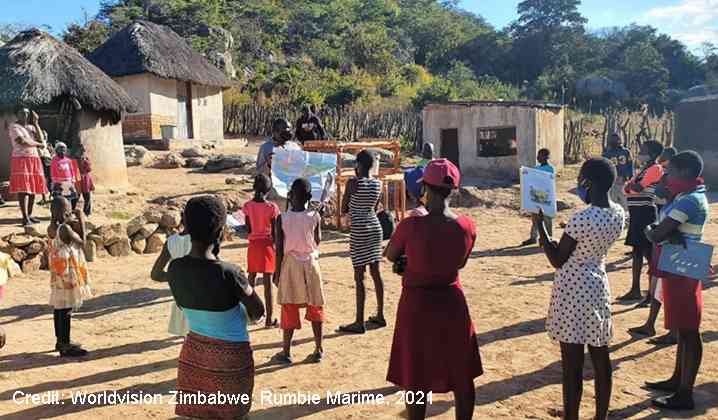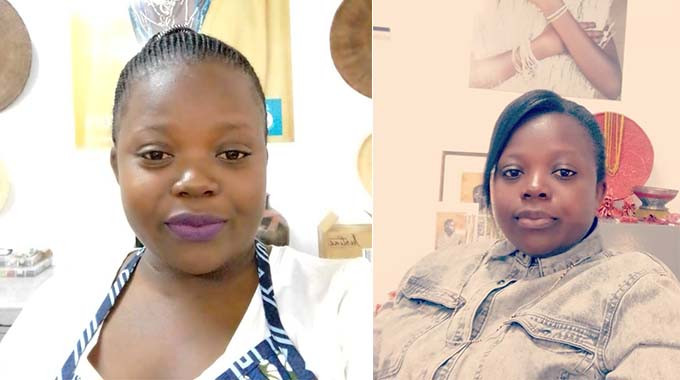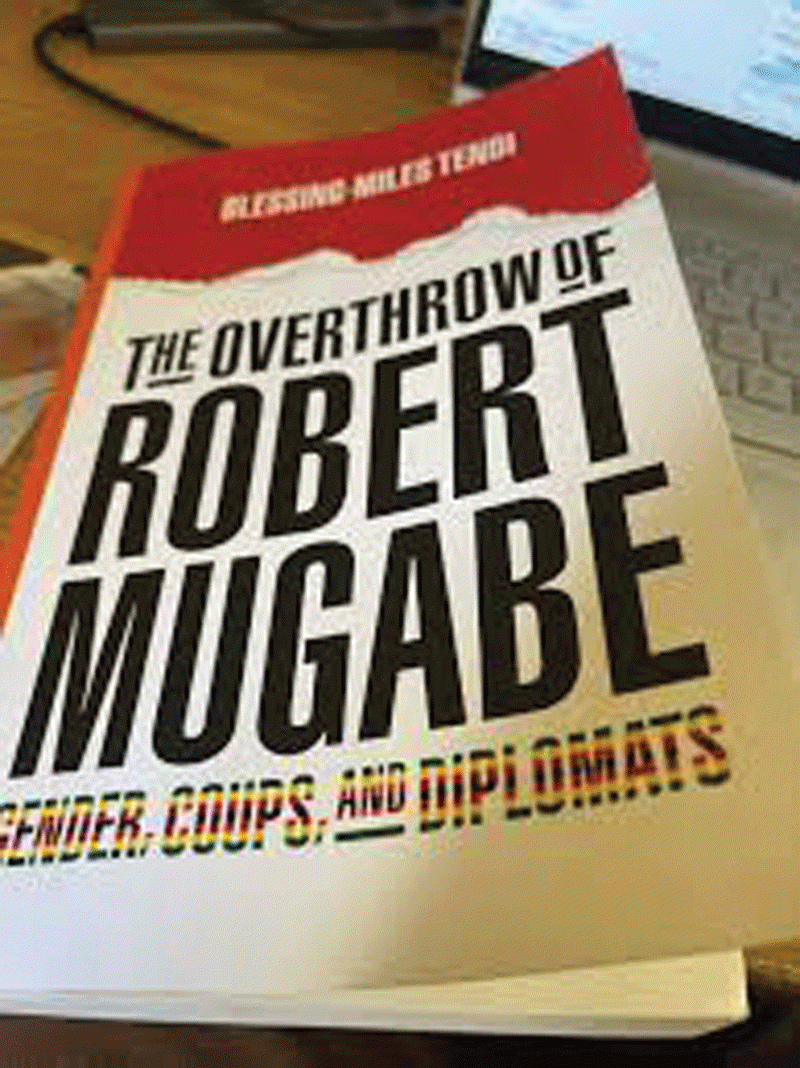
These and many other changes have inevitably had ripple effects on various sectors of the society. They have differently impacted on the social, economic and religious spheres of the country. It is well-known that some of the political policies in this era have left huge scars of economic meltdown, social unrest and great tension among the general populace.
Political leaders flouted democratic principles that they claim to uphold and consciously cast human rights and the rule of law into shambles. Not spared in this complex chaos web was the development of arts.
The arts have greatly suffered under the various political phases in Zimbabwe. Artists have endured arrest and torture while some of their products were crashed and burnt because they did not tally with prescribed political notions.
Plays, films and songs were unconditionally censored or banned because they went against the expectations of the “system”.
In a democracy, we talk of the rule of law, upholding human rights and promoting freedom of expression and association among other basics.
But artists have not been free to express themselves. They are required to submit their film and play scripts to the censorship board before they can go for shows.
They are certain to rub shoulders with state security operatives at the shows while some have been trailed by stalkers even during social interactions.They have had their songs banned from the country’s sole broadcaster, Zimbabwe Broadcasting Corporation, because the lyrics ruffled feathers of the political elites and went against the politically tilted corporation policy.
Artists’ voices have been silenced and information suppressed because these artists have “danced out of tune”.
- Chamisa under fire over US$120K donation
- Mavhunga puts DeMbare into Chibuku quarterfinals
- Pension funds bet on Cabora Bassa oilfields
- Councils defy govt fire tender directive
Keep Reading
Another artist who has had incessant brush with the security forces is renowned playwright Cont Mhlanga who has had some of his plays banned on political grounds. Although he has refused to be silenced, the artist says he always feels his security is on the rope.
Super Patriots and Morons was a spectacular politically charged play from Rooftop Promotions but it was banned in 2003.
Chimurenga musician Thomas Mapfumo is now living in exile in the US after his album Chimurenga Explosion pricked sensitive political soft spots and triggered venom from the powers that be.
Some musicians that have suffered a similar fate include Leonard Zhakata, Raymond Majongwe and Hosiah Chipanga.
Many poets and authors have also faced this dilemma. Some of the artists have tried to take legal action but to no avail. They have been denied their freedom of expression and there is no justice to rescue them.
Owen Maseko had his share of interrogation and abuse after his exhibition that mirrored serious social ills of the Gukurahundi operation was deemed politically sensitive.
Recently, a cast going around the country with a reconciliation and national healing play, Rituals, was arrested on several occasions on unclear charges because their play had serious political connotations.
l Part of this article was prese-nted at an arts journalists’ workshop at Harare International Festival of Arts in 2010.
Feedback: [email protected]











